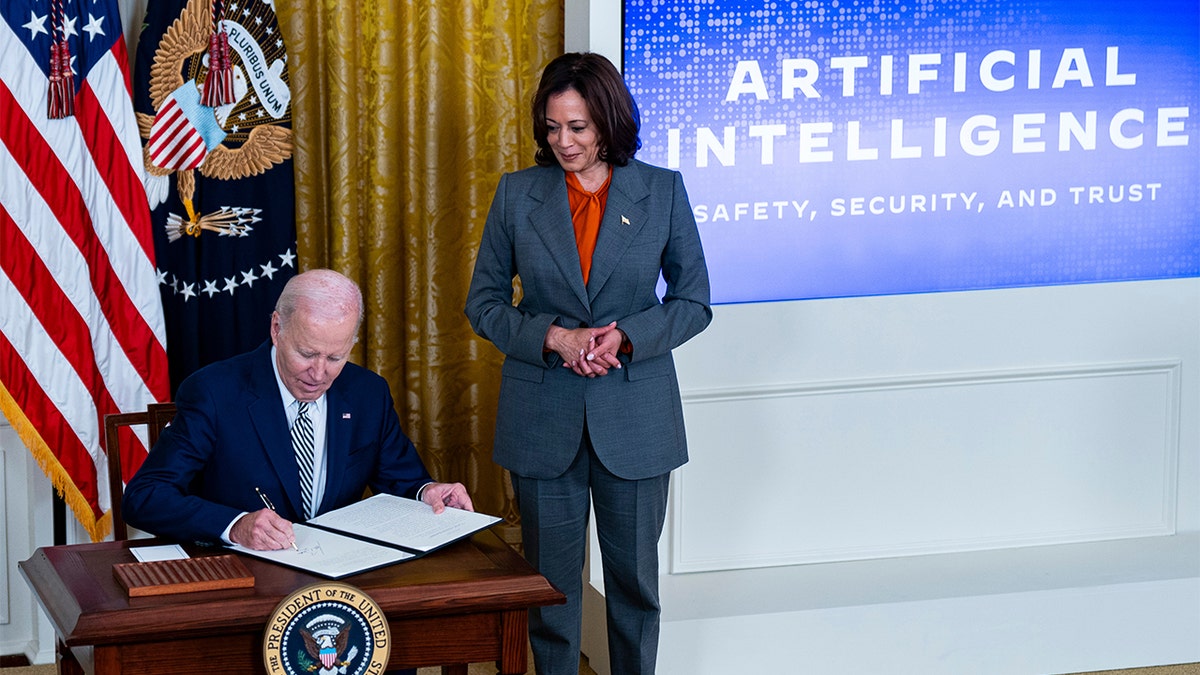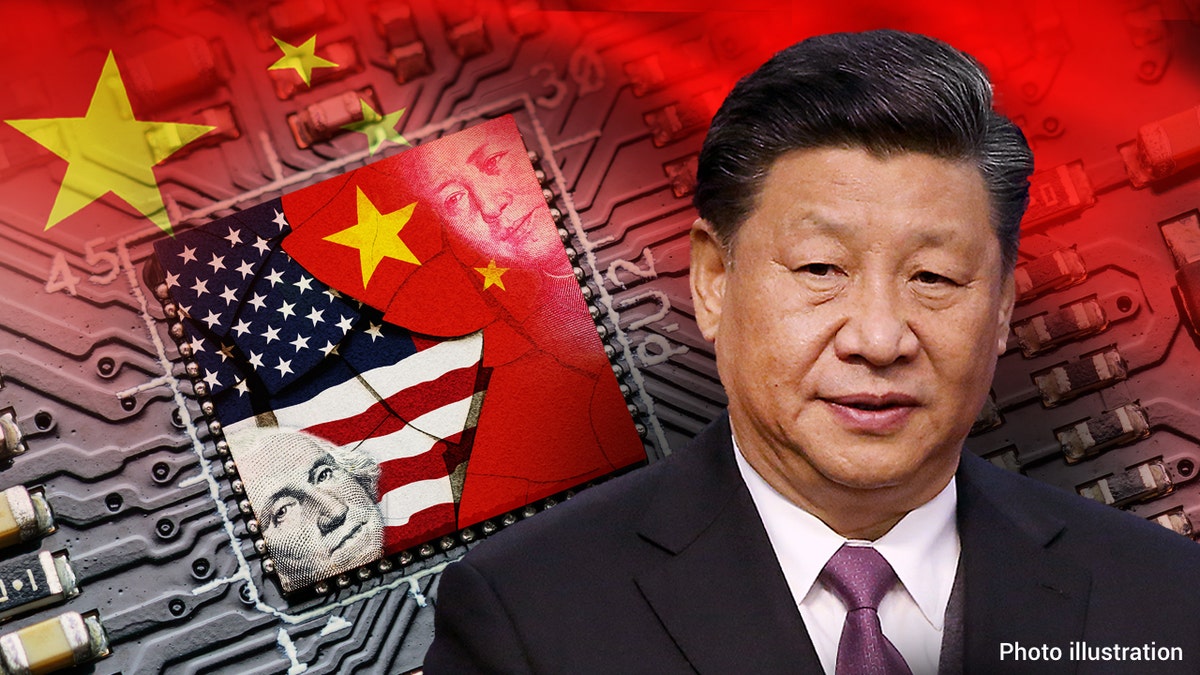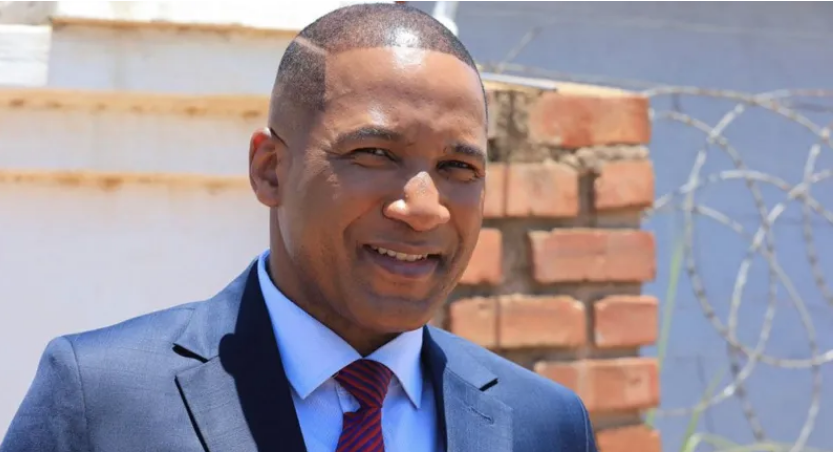National security experts are looking toward the United States’ chief adversaries as Kamala Harris enters the race for the White House after President Biden announced on Sunday that he would not seek re-election.
The sudden change of the Democrat front-runner for the top job has sparked concern that authoritarian leaders from nations like Russia, China and Iran will utilize the “chaos” to their benefit as the Democratic Party scrambles to build a platform against Republican candidate Donald Trump.
Outwardly, nations like Russia and China have revealed little about their reaction to the certain end of a Biden White House and the changes this could bring to U.S. force posture abroad.

“The elections are still four months away, and that is a long period of time in which a lot can change. We need to be patient and carefully monitor what happens. The priority for us is the special military operation,” Kremlin spokesperson Dmitry Peskov said Sunday in reference to Russia’s war in Ukraine.
He also told reporters in a conference call that Moscow was “not very surprised” by Biden’s withdrawal from the presidential ticket.
“In recent years, what has been happening in the United States has taught us not to be surprised by anything,” Peskov said, according to Reuters.
Chinese foreign ministry spokesperson Mao Ning was even more tight-lipped and said, “The presidential elections are the United States’ own affairs.
“We have no comment on that,” she added in a press conference on Monday.
Over the past 24 hours, questions have mounted over Harris’ qualifications when it comes to U.S. national security as global tensions continue to escalate to levels not seen since the Cold War.

“The Russians are watching very closely whether Kamala Harris will actually end up becoming the Democratic Party’s nominee now that President Biden has dropped out of the race,” Rebekah Koffler, former DIA intelligence officer and author of “Putin’s Playbook,” told Fox News Digital.
Some reports citing U.S. intelligence officials have suggested in recent weeks that Russian President Vladimir Putin would favor a Trump presidency, but international security officials have voiced skepticism that Moscow truly favors one candidate over the other when asked about it by Fox News Digital.
“Putin and the Kremlin have no preference as far as who would become U.S. president because U.S. policy has been consistent for the past 40 years, regardless [of whether] a Republican or Democrat occupied the White House,” she said.
Experts are already looking to see how the sudden changes to the 2024 presidential election will be used by top adversaries, and Koffler said “the Russian press is erupting with coverage of Vice President Kamala Harris, whom the Russians portray as incompetent, vapid and unintelligent.”
Heino Klinck, former deputy assistant secretary of defense for East Asia and military attaché to China, similarly pointed to how the Chinese Communist Party (CCP) will also likely utilize the abrupt change to enhance domestic anti-democratic arguments.
“Harris’ sudden quasi-coronation will only serve CCP talking points about the chaos of American democracy,” he said. “Her lack of national security and defense experience will not engender confidence with our partners and allies.”
Some reporting has suggested that Harris’ relatively minimal foreign policy experience could mean she will rely heavily on her advisers and, therefore, is unlikely to take starkly different approaches to that of Biden when it comes to major international issues, like the war in Ukraine.
Where Harris might differ from the current president is when it comes to the U.S. relationship with Israel.
Harris’ position on the Middle East and how it will affect U.S. policy should she win remains unclear. The current vice president has taken a tougher approach than Biden on Israeli Prime Minister Benjamin Netanyahu’s war against Hamas in Gaza, though coming out highly critical of Israel will also be unpopular among moderate Democrat voters.
“It’s unclear what on the major issues of the region, ranging from Iran to Israel, may change under a potential Harris government,” Behnam Ben Taleblu, Iran expert and senior fellow with the Foundation for Defense of Democracies, told Fox News Digital. “Yet the thinking about the region, from national security officials around her and around the Democratic Party, seems to be less is more when it comes to the region. But such thinking is what has cleared the way for the emboldenment of the Islamic Republic [of Iran].
Taleblu said “transitions can be turbulent periods, even for democracies” and that Iran could use Biden’s withdrawal from the ticket to its advantage.

“My concern is that while the swap at the top of the Democratic presidential ticket may have been done to placate domestic audiences, there are real questions pertaining to how the chaos looks and sounds abroad,” he added.
The expert on Iranian security pointed to Tehran’s expanding nuclear program, its increased reliance on militant groups to fight its proxy wars in the Middle East, and its burgeoning relationships with nations like Russia as examples of Iran’s expanding security threat.
“This could all easily intensify if the administration appears chaotic and distracted,” he said.
Though Harris hasn’t led the charge on major international security threats in her role as vice president, she has been privy to White House policy strategy as well as top-level intelligence when she sat on the Senate Select Committee on Intelligence during her time in the upper chamber.









